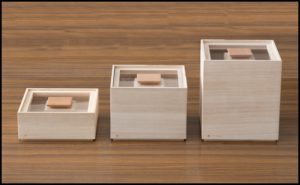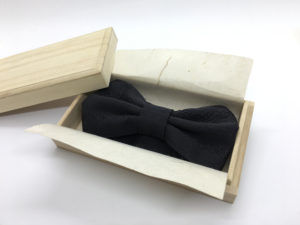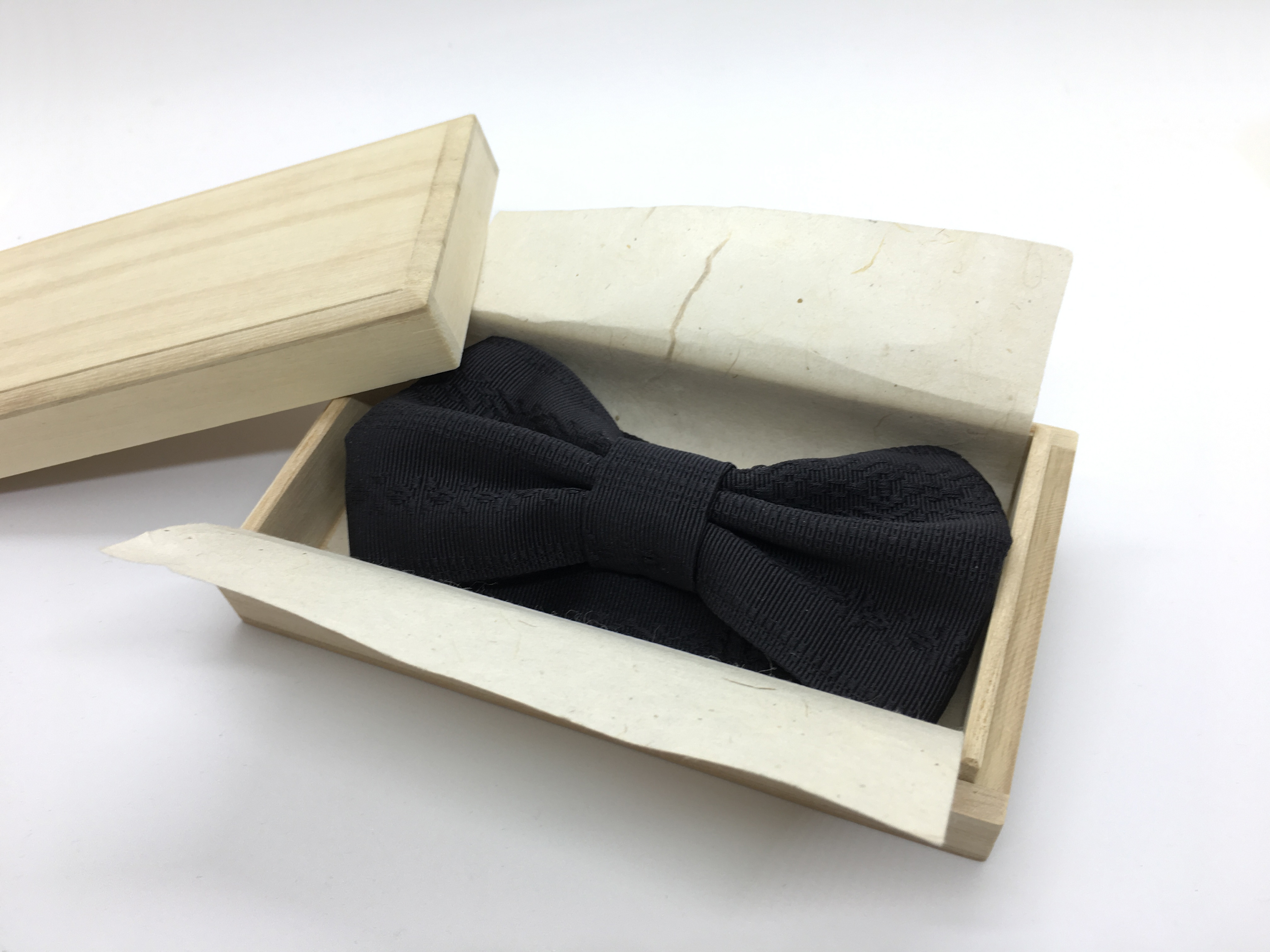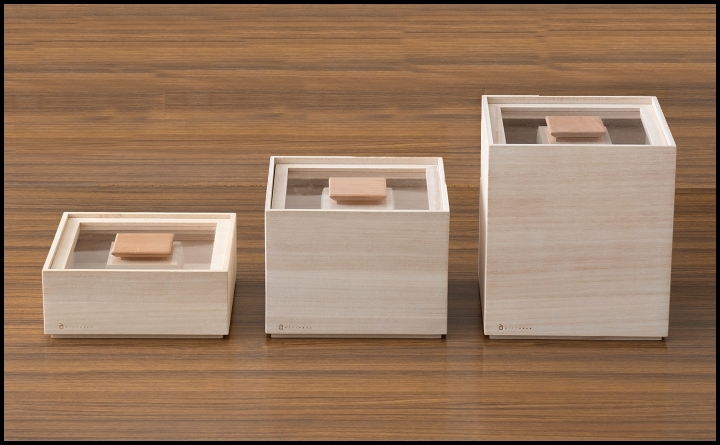Japan Eight has a sister website called Takumi that is dedicated to promoting unique, high quality products that are made in Japan to the rest of the world. Aside from being unique and high quality, there are a few things that we think make a product ideal.
Since the products are designed and made in Japan, they should be rooted in Japanese culture,this often means they started as daily goods; a wooden box used to store rice, for example.Tradition is also very important and we feel it’s critical to respect tradition by making it relevant to contemporary life and not just preserve it as it is to languish in museums; traditional weaving methods used for bow ties, for example.
Monozukuri is a Japanese word that literally means just “making things,” but which has the connotation of designers and manufacturers persistently refining and redesigning products to get as close to ideal as possible. Oshimaya is a manufacturer of dried fish products that has been working for a few generations and is currently refining and redesigning its products to appeal to an international clientele.
Related to the idea of roots in Japanese culture, products are ideally compact and easy to store. This makes them suitable for the size of Japanese housing and the way houses are generally used.For the same reason, the ideal household product is portable. Most rooms in Japanese housing are considered multi-purpose, so furnishings are moved to accommodate variation depending on the function, season and maybe number of guests. Not unique to Japan but an easy to understand example is stacking chairs. Things that are stack-able and fold-able and light weight are most convenient.

Masuda Kiribako’s rice storage boxes
Sustainability is also essential as limited resources are affecting all of us. Japan has always had rather limited natural resources (with the possible exception of fresh water) and until fairly recently disposable products were not so common. A product that fits Takumi’s ideal is either made using environmentally friendly materials and manufacturing methods, is durable and useful enough not to be discarded, or both. Wooden boxes made of paulownia wood for example. Paulownia is a very light hardwood which is a natural insect repellent and desiccant but also grows very quickly and in places other trees won’t. It is being used to re-forest areas in many countries.
Thanks to the incredible advances in communication over the last few decades, collaboration between artisans within Japan has become much easier and Takumi hopes to take advantage of that potential. Takumi Tie is a clothing brand that is developing bow ties that are made from fabric woven by traditional methods, wrapped in traditional Japanese paper and delivered in a traditional wooden gift box. Three artisans and three traditions combined in a modern aesthetic producing a product that will be durable enough to become an heirloom.

traditionally woven Takumi Ties bow tie
The four ideas regarding contemporary Japanese craft; monozukuri, compactness, portability, and sustainability, come from Naomi Pollock and her book Made In Japan. Like most countries, Japan has developed a modern culture addicted to cheap consumer products. Many people here, and especially Japan Eight and Takumi, would like to be an antidote to that. The idea is to look back at traditional craft in order to take a positive step forward.




Comments